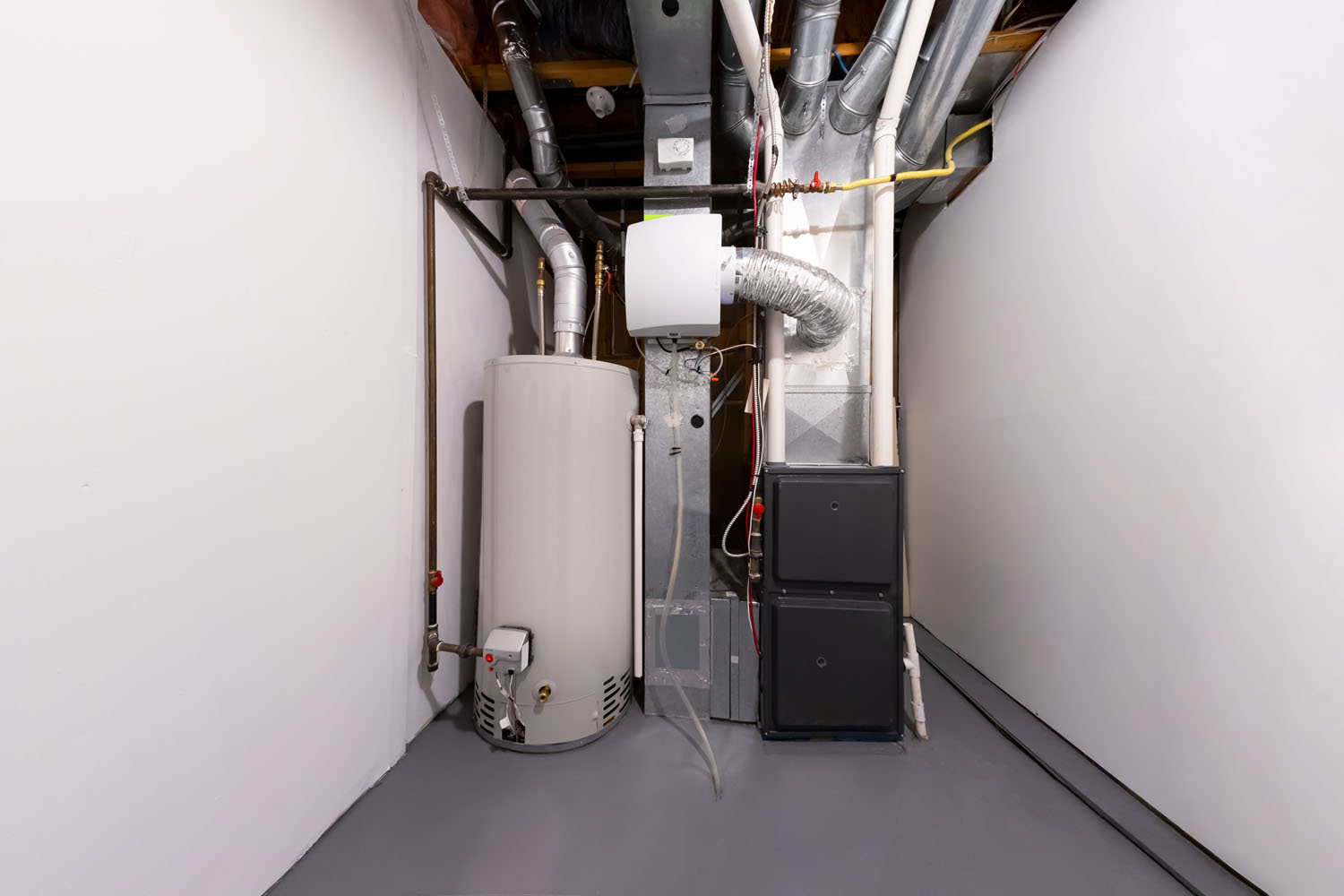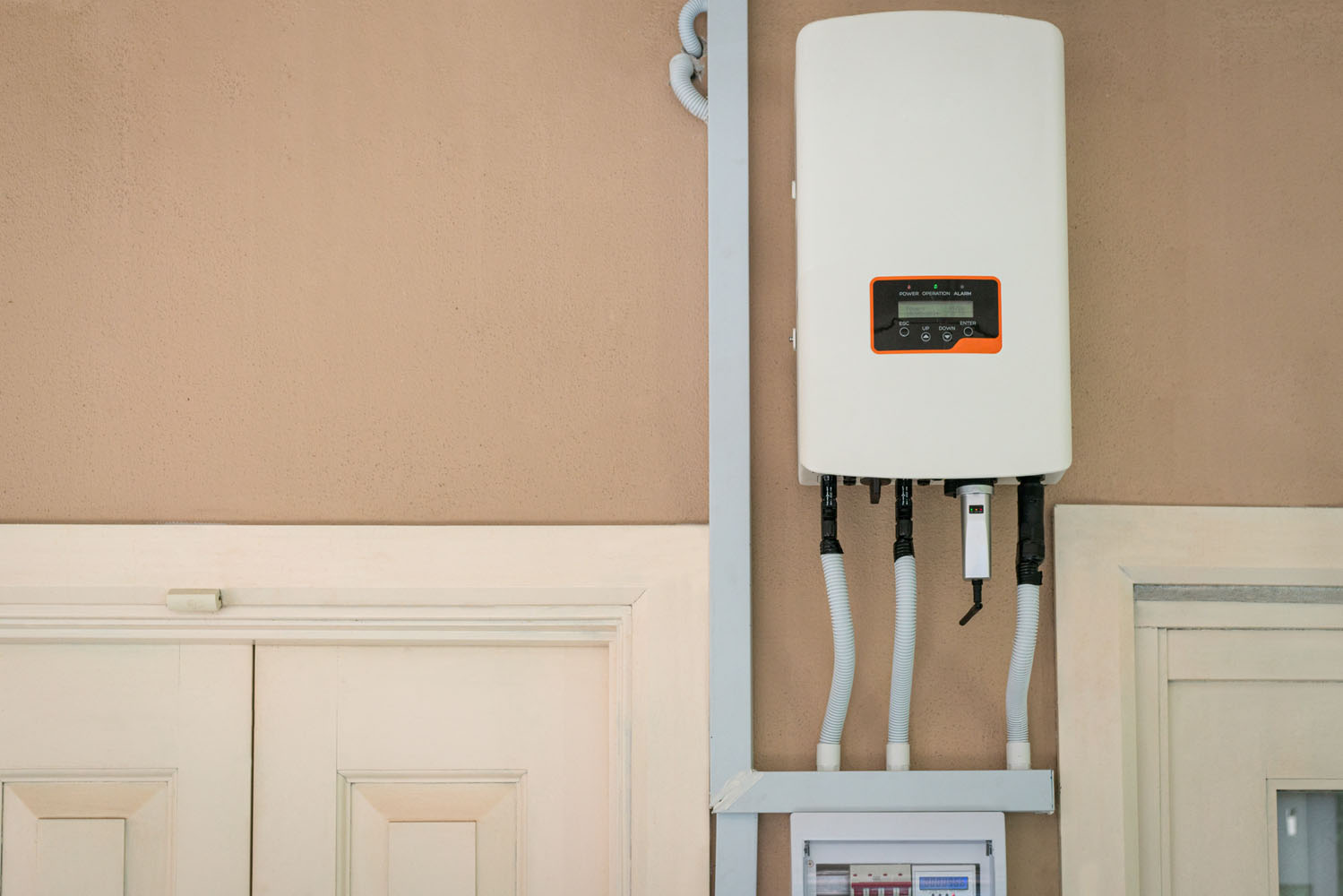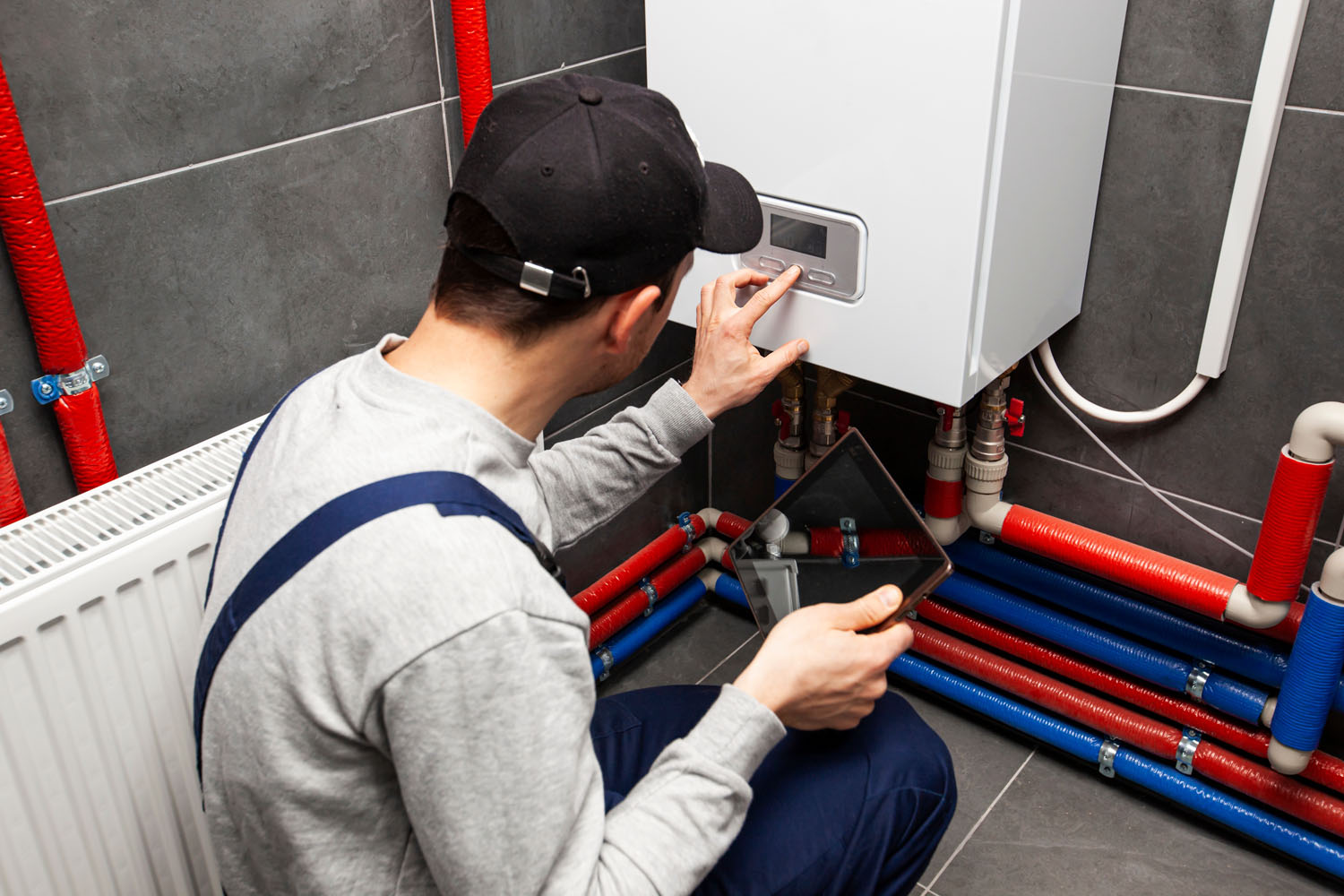As solar power becomes more widespread, the demand for battery storage systems has grown significantly. Battery storage allows homeowners to store excess energy generated by their solar panels for use when the sun isn’t shining or during peak demand times. In this article, we’ll explore how battery storage systems work and the benefits they offer to homeowners.
1.1 How Battery Storage Systems Work
At the heart of a battery storage system is the ability to store electricity for later use. Here’s a simple breakdown of the process:
- Energy Generation: During the day, solar panels capture sunlight and convert it into electricity. This electricity is used to power your home, and any excess electricity that isn’t immediately needed is sent to the battery.
- Energy Storage: The excess electricity is stored in the battery as direct current (DC). This energy remains stored until your home requires it, such as during the evening, when solar panels aren’t generating power.
- Energy Usage: When your home needs electricity at night or during a cloudy day, the battery kicks in. The stored DC electricity is converted to alternating current (AC) via an inverter, making it usable for your home’s appliances and lighting.
- Grid Interaction: If your battery is fully charged and your solar panels are still generating electricity, the extra energy is sent back to the grid, allowing you to earn credits through feed-in tariffs.
1.2 Benefits of Battery Storage Systems
Battery storage offers several key benefits that make it an attractive option for homeowners looking to maximize their solar investment.
1.2.1 Energy Independence
With a battery storage system, you’re less reliant on the grid for electricity. This is especially beneficial in regions prone to blackouts, as a battery can keep your home powered even when the grid goes down. In Victoria, this can provide peace of mind during extreme weather events or outages.
1.2.2 Time-of-Use Savings
In Victoria, electricity rates often vary throughout the day, with higher rates during peak demand times. Battery storage allows you to store energy during off-peak hours when rates are lower and use it during peak hours, reducing your energy costs. This is particularly beneficial for homeowners on time-of-use tariffs.
1.2.3 Maximize Solar Self-Consumption
Without a battery, excess solar energy generated during the day is sent back to the grid, often at a lower rate than the cost of grid electricity. A battery lets you store that excess energy and use it when you need it, maximizing your self-consumption and reducing reliance on the grid.
1.2.4 Environmental Impact
By storing and using your own solar-generated electricity, you reduce your reliance on fossil fuels and contribute to a greener, more sustainable future. Battery storage systems help maximize the use of renewable energy, which directly supports efforts to reduce carbon emissions.
1.2.5 Backup Power During Outages
A properly configured battery storage system can keep your essential appliances and lighting powered during an outage. Whether it’s your refrigerator, home office, or essential medical equipment, you’ll have peace of mind knowing that your battery storage can provide backup power when you need it most.
Conclusion
Battery storage systems are a powerful complement to solar panels, offering increased energy independence, cost savings, and environmental benefits. With the ability to store and use your own solar-generated electricity, battery storage makes it possible to take full control of your home’s energy consumption. If you’re looking to maximize your solar investment and reduce your reliance on the grid, battery storage is an excellent option.







